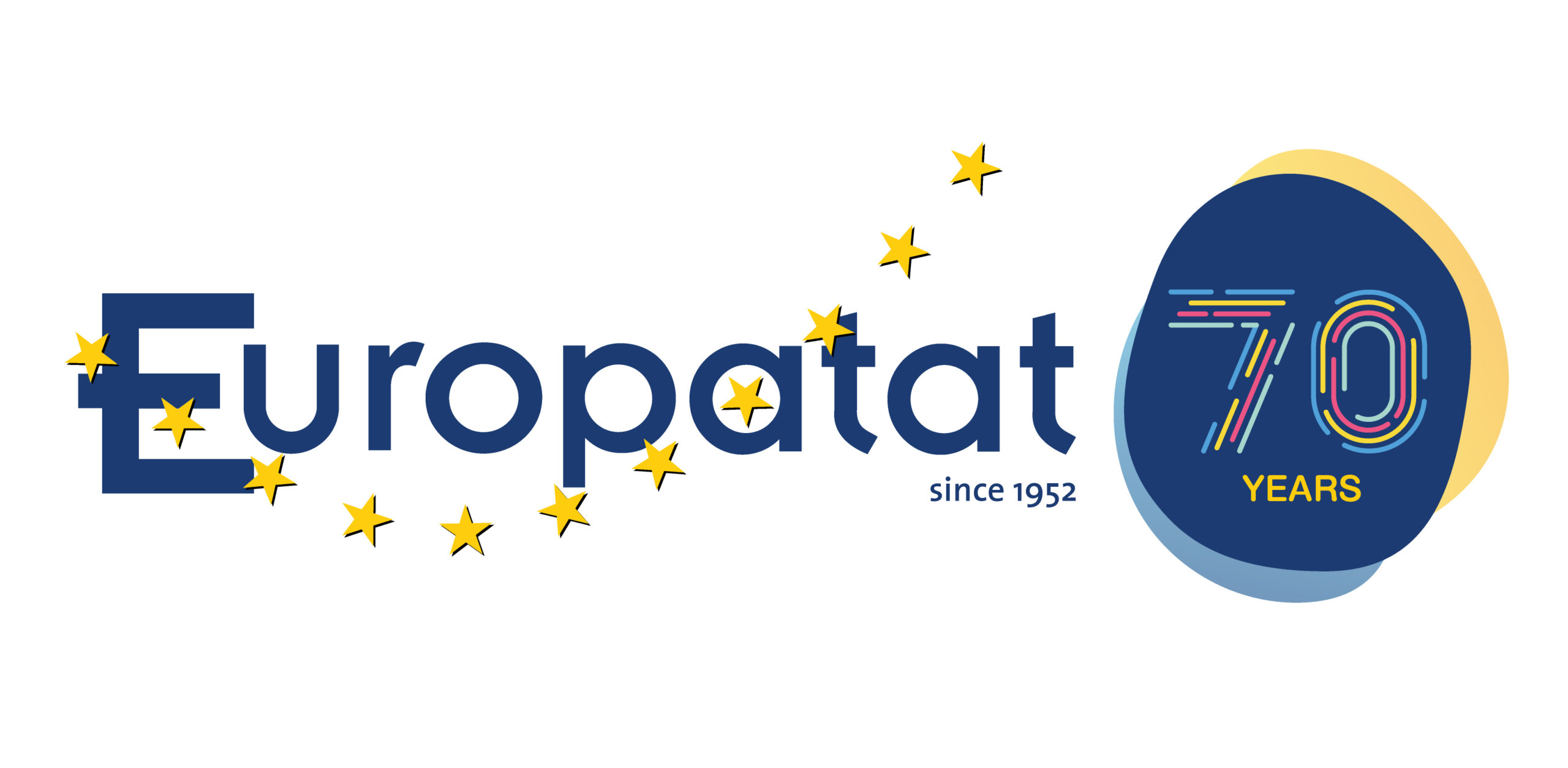Plant health in Europe is facing an unprecedented challenge. Vector-borne diseases are spreading at an ever-increasing rate and threatening key crops such as sugar beet, potato and other vegetables, which are crucial to European food security and the stability of entire value chains. Particularly important are the bacterial pathogens ‘Candidatus Phytoplasma solani’ and ‘Candidatus Arsenophonus phytopathogenicus’, which can cause massive losses in yield and quality. Both are transmitted by the planthopper species Pentastiridius leporinus. Their spread is greatly facilitated by climate change, counterproductive constraints (such as the minimum ground cover requirement, which allows planthoppers to survive the winter) and made worse by the loss of several effective crop protection tools in recent years.
The impact of Pentastiridius leporinus is already being felt across several Member States (mainly in Germany and neighboring countries), where growers report severe economic losses and limited options for control. The situation is further aggravated by the lack of effective plant protection products (PPP) against planthoppers, as well as the limited availability of dedicated research. Without targeted scientific studies and practical tools for farmers, managing this pest remains extremely difficult, leaving entire supply chains, which depend on reliable volumes of high-quality crops to maintain production levels and meet consumer demand, highly vulnerable.
Given these challenges, CIBE, EUPPA, Europatat and VHPZ urge the European Commission and national authorities to:
- Increase investment in research, including funding from Horizon Europe, to better understand the biology and epidemiology of the planthopper and to develop effective means of ensuring its satisfactory control.
- Support the development and approval of effective, affordable, and safe plant protection solutions.
- Facilitate coordinated monitoring and information-sharing systems across Europe to detect and control outbreaks early.
- Provide emergency support measures, funded by the EU and the Member States concerned, for farmers severely affected by planthopper-related yield losses.
- Stop the current depletion of the crop protection toolbox, i.e. impose no further bans or restrictions on existing PPP active substances until viable (effective, affordable, available, and implementable) alternatives have been developed.
Only through urgent and coordinated action can Europe effectively respond to this threat and safeguard its agricultural production. The planthopper (and the diseases it transmits) is an example of the numerous harmful organisms against which growers of sugar beet and/or potatoes are struggling to achieve satisfactory control and for which similar measures should be provided. The problem is getting worse, as other types of planthoppers, such as Hyalesthes obsoletus, also act as vectors for various pathogens, making it increasingly challenging for European farmers to protect their crops.
-END-
PDF version can be found HERE
About CIBE
Founded in 1927, the International Confederation of European Beet Growers (CIBE), unites national and regional associations from 14 EU sugar beet producing countries as well as from the UK and Switzerland. CIBE fosters collaboration and knowledge exchange among members, providing data-driven insights and platforms for the formulation of positions and opinions on key issues regarding sugar beet. CIBE’s core mission is to defend growers’ income and to strengthen the competitiveness of Europe’s sugar beet sector while promoting technical progress, innovation and long-term sustainability.
About EUPPA
The European Potato Processors’ Association represents more than 90% of processed potato production in Europe. With over 45 factories, EUPPA members process 10.9 million tonnes of raw potatoes annually into around 6 million tonnes of finished products — including French fries, potato specialties, and flakes — supplying both the internal EU market and consumers worldwide. The sector generates €9.4 billion in annual net revenues and provides direct employment to approximately 25,000 people. EUPPA members work in close partnership with potato growers and are committed to long-term sustainability, innovation, and competitiveness across the value chain.
About Europatat
Europatat, the European Potato Trade Association, comprises both national associations and individual companies involved in the trade of seed, ware and early potatoes throughout Europe. According to the latest Eurostat’s data on production (including EU 27, UK, Norway and Switzerland), the 19 national associations that are members of Europatat represent more than 80% of the total potato’s production in Europe. Europatat members include a wide range of traders (including breeders, distributors, storers, packers, importers and exporters) delivering seed potatoes to farmers, as well as raw material to the food industry, packed potatoes to the retailers and food service sector.
About VHPZ
The Association of Hessian-Palatinate Sugar Beet Growers, founded in 1911, represents the interests of currently around 1,200 sugar beet growers in Rhineland-Palatinate and southern Hesse (Germany). Its tasks include supporting and advising its members, conducting trials, helping to draft beet delivery contracts and price elements, representing sugar beet growers in regional, national, and international organizations, as well as public relations and political lobbying. In addition, the association has also been increasingly involved in research for several years and has already successfully carried out several projects with the participation of numerous institutes, organizations, and companies.

